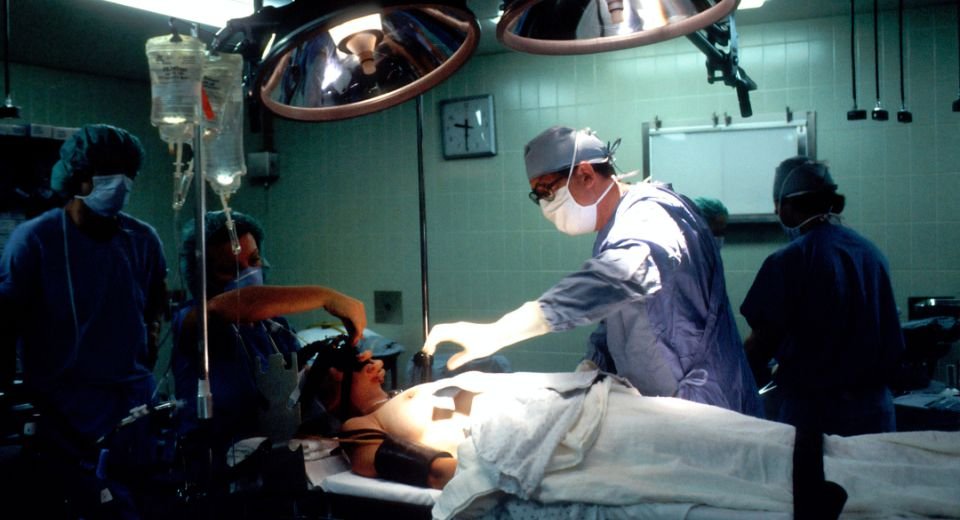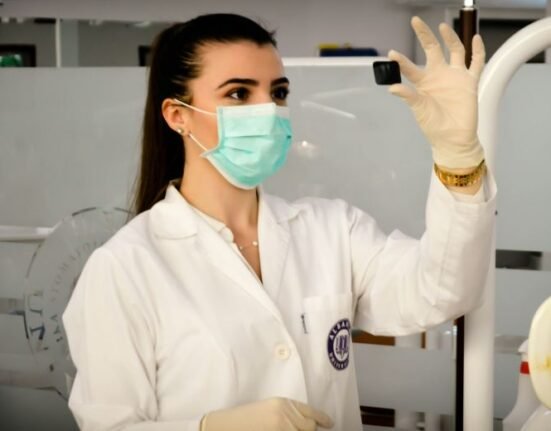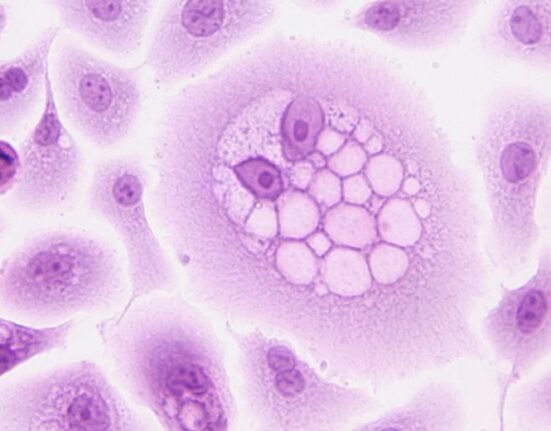HQ Team
February 28, 2023: A device, which uses a unique metabolic signature of cancer, differentiates tumor cells from normal blood cells without biopsy, according to Australian researchers.
The Static Droplet Microfluidic device can rapidly detect circulating tumour cells that have broken away from a primary tumour and entered the bloodstream, according to researchers from the University of Technology, Sydney.
The new device can detect and analyze cancer cells from blood samples, enabling doctors to avoid invasive biopsy surgeries and monitor treatment progress.
Once the tumour cells are identified with the device, they can undergo genetic and molecular analysis, aiding in diagnosing and classifying cancer and informing personalised treatment plans.
A biopsy can cause discomfort to patients and an increased risk of complications due to surgery and higher costs. Still, an accurate cancer diagnosis is vital to effective treatment, said Prof. Majid Warkiani from the UTS School of Biomedical Engineering.
Definitive diagnosis
Those with suspected cancer, particularly in organs such as the liver, colon or kidney, often require surgery for a definitive diagnosis.
“Managing cancer through assessing tumour cells in blood samples is far less invasive than taking tissue biopsies. It allows doctors to do repeat tests and monitor a patient’s response to treatment,” he said.
“In the 1920s, Otto Warburg discovered that cancer cells consume much glucose and produce more lactate. Our device monitors single cells for increased lactate using pH-sensitive fluorescent dyes that detect acidification around cells.”
“A single tumour cell can exist among billions of blood cells in just one millilitre of blood, making it difficult to find. The new detection technology has 38,400 chambers capable of isolating and classifying the number of metabolically active tumour cells,” he said.
The study, Rapid metabolic screening of cancer cells via high-throughput static droplet micro fluids, was published in the peer-reviewed scientific journal, Biosensors and Bioelectronics.
Metastasis
Circulating tumour cells are also precursors of metastasis – where cancer migrates to distant organs – which is the cause of 90% of cancer-associated deaths.
Studying these cells may provide insights into the biology of cancer metastasis, which can inform the development of new treatments.
Current liquid biopsy technologies are time-consuming and expensive and rely on skilled operators, limiting their application in clinical settings.
The new device is designed for integration into research and clinical labs without relying on high-end equipment and trained operators. This will enable doctors to diagnose and monitor cancer patients practically and cost-effectively.
The researchers have filed for a provisional patent for their device and have plans to commercialise the product. Cancer is a leading cause of illness and death in Australia, with more than 150,000 Australians diagnosed yearly.
Cancer accounted for about 10 million deaths in 2020. The most common forms in 2020 in terms of new cases were breast (2.26 million cases), lung (2.21 million cases), colon and rectum (1.93 million cases) and lung cancer (1.8 million).








